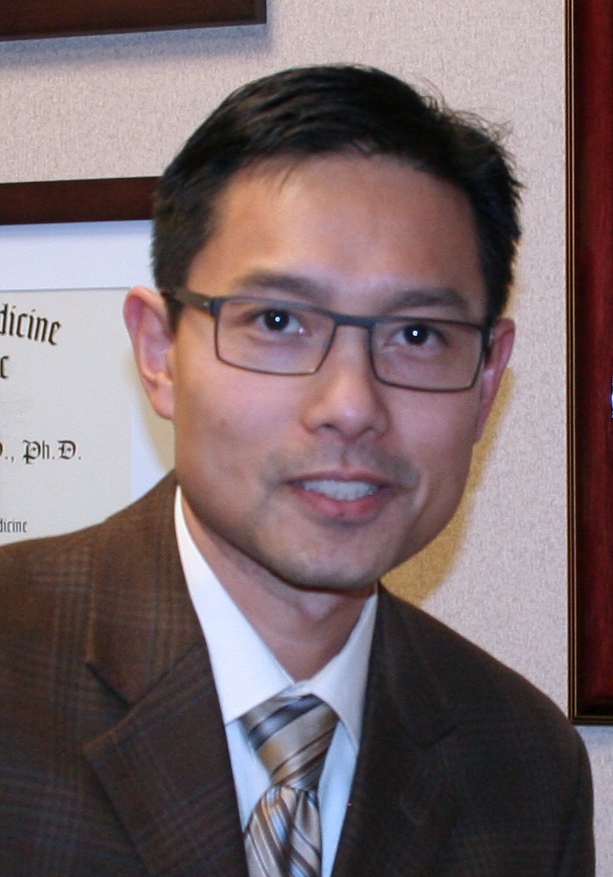Q&A with John Weroha, MD, PhD
2014 Liz Tilberis Early Career Award
Mayo Clinic

Were you always in interested in science?
By the time I was in high school I knew I wanted to have a career in biology, but I think my interest actually started earlier. When I was much younger, I remember flipping through a human anatomy/physiology book of my dad’s, and I was amazed by the illustrations of the organs and wanted to learn more. My fascination with human biology led me to be pre-med in college but it was my undergraduate research experience that inspired me to consider research as a career, and eventually, it was my research in cancer the motivated me to merge medicine and research.
How did you get started in ovarian cancer research?
My motivation to study ovarian cancer came by chance. A combination of events came together and redirected my interests from breast cancer to ovarian cancer. My mentor got an ovarian cancer grant, and I was eager to participate in his work. It was only then that I started to read more about this disease, and I saw the great need for better treatment options. After attending research seminars, weekly clinical conferences, and seeing patients with ovarian cancer, it felt more like this field “chose me” rather than the other way around.
What is the goal of your research?
My research centers on overcoming platinum resistance in ovarian cancer, which is a major problem for ovarian cancer patients. I’m working to identify markers that will predict sensitivity to platinum chemotherapy and targeted therapy, so we can help select the most appropriate patients for a specific therapy and avoid toxicity from ineffective therapies. I also plan to test new front-line platinum-based combinations that will hopefully lead to longer remissions and improve cure rates for ovarian cancer patients.
What do you love about your job?
The best thing about being a cancer researcher is the chance to create new knowledge, and having fun doing it.
When you’re not seeing patients or in the lab, how do you spend you free time?
Most of my free time is spent with my wife and kids. My wife Nellie and I were college sweethearts, and she’s now an orthodontist. Together we have four year old twin boys, who keep us very busy! Weekends are spent at the children’s museum or in the park. And since I grew up in Lawrence, Kansas– a college town– Jayhawk basketball has always been part of my life and I still watch as many KU basketball games as possible while here in Minnesota.
How do you think the OCRF Liz Tilberis Early Career Award will help you?
The OCRF grant is critical. It is hard enough to negotiate protected time for research as a new investigator in a clinical position but add the brutally-difficult funding climate with NIH funding and it becomes extremely difficult to carve out enough time to simply think about research, let alone run a lab. The generous support of the OCRF award makes my research possible and is critical to future funding. Moreover, I get to wear the award as a badge of honor, to be among the talented group of other OCRF awardees as I strive to rise to their level.


